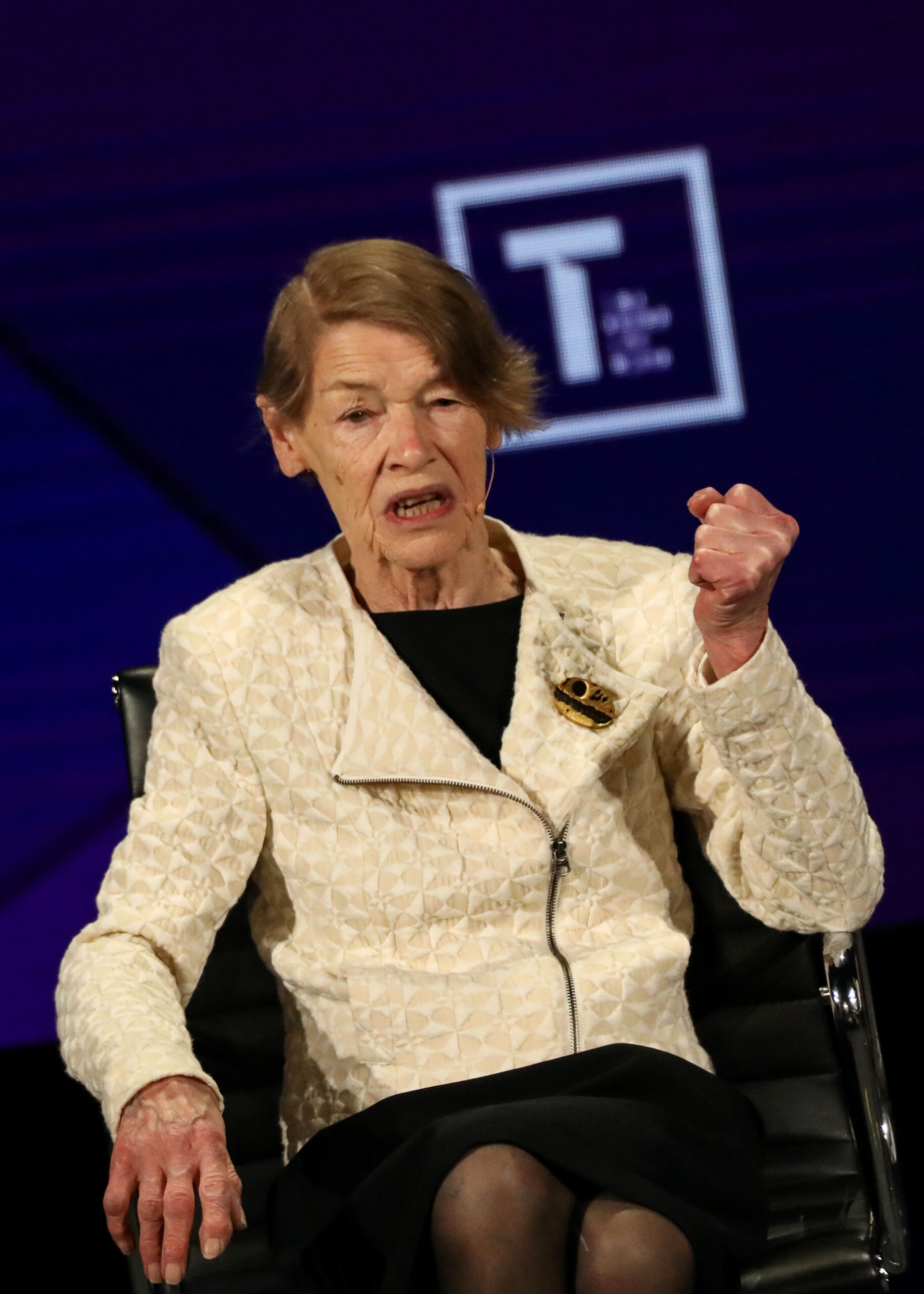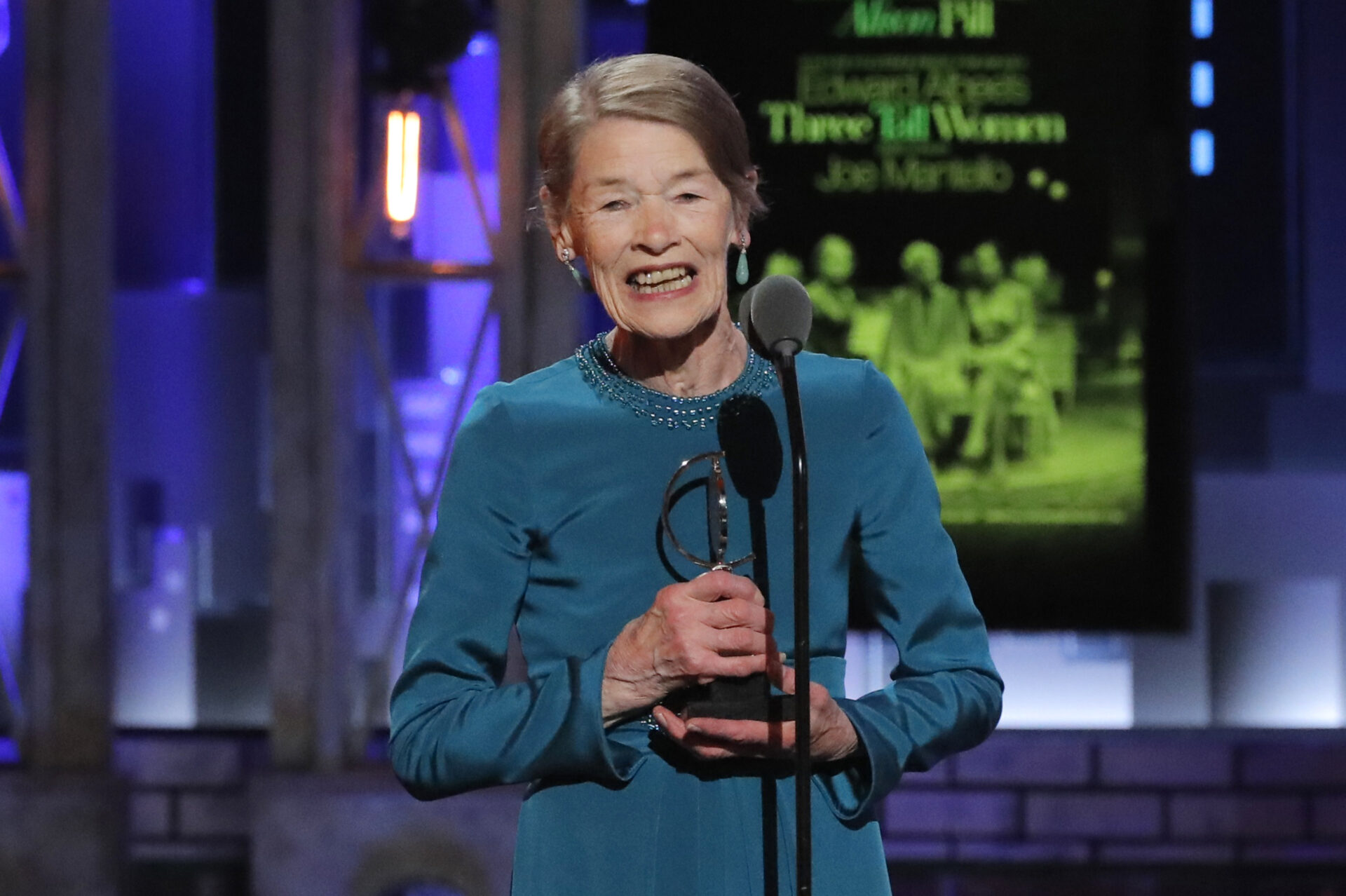By Elizabeth Piper and Kylie MacLellan
LONDON (Reuters) – Actor Glenda Jackson, a two-time Oscar winner who later served as a socialist politician in the British parliament for 23 years, has died. She was 87.
One of four daughters of a bricklayer and a cleaning lady in northwest England, Jackson never forgot her roots even as she made her name as one of the greatest women actors of her generation.
Her agent said she had died at her home in southeast London after a brief illness.
Raw-boned, pallid and angular, with striking, sharp eyes, she had starred on stage, television and film before quitting to take up politics with the left-of-centre Labour Party, declaring: “An actor’s life is not interesting”.
READ MORE: Tina Turner honoured at lakeside Swiss home where she died
The current lawmaker for Jackson’s former seat in parliament said she was devastated to hear of her predecessor’s death.
“A formidable politician, an amazing actress and a very supportive mentor to me,” Tulip Siddiq said on Twitter.
Growing up in Birkenhead, Cheshire, Jackson left school at the age of 15 and found work in a shop before winning a place at the prestigious Royal Academy of Dramatic Art in London.
She won her first Academy Award in 1971 as lead actress for her role as a headstrong artist in director Ken Russell’s film of D.H. Lawrence’s novel “Women in Love”.
Her second Oscar came three years later for “A Touch of Class”, a romantic comedy directed by Melvin Frank in which Jackson played a harried fashion designer caught up in a catastrophic love affair with an American businessman in London.

Jackson also won two Emmy awards for her portrayal of England’s Queen Elizabeth I in the BBC’s 1971 television series “Elizabeth R”.
Besides her serious film roles, Jackson also showed her popular, comic touch when she appeared in some of British television’s most-loved comedy shows of the day, starring as Cleopatra in a sketch with duo Eric Morecambe and Ernie Wise and appearing on “The Muppet Show”.
“She leaves a space in our cultural and political life that can never be filled,” Labour leader Keir Starmer said. “She played many roles, with great distinction, passion and commitment.”
READ MORE: South African artist Costa Titch collapses and dies
Foreign Secretary James Cleverly, of the governing Conservative Party, described her as a “funny, thoughtful and principled person”.
“MORAL MALAISE”
After more than three decades on stage and film, Jackson quit acting and took her no-nonsense, straight-talking style into politics.
She had been angered by the damage she believed was inflicted on the working classes by Margaret Thatcher, Britain’s Conservative prime minister from 1979 until 1990.
In 1992, at the age of 55, Jackson won a seat in parliament representing Labour in a constituency in north London.
“We must work for the poor, the homeless, the unemployed, the frail, the sick,” she told supporters.
In parliament, Jackson was vociferous in her condemnation of the Conservatives which she accused of instilling a ”dreadful, dreadful moral malaise” in Britain.
When Labour won power in 1997, then prime minister Tony Blair appointed her as a junior minister responsible for London transport, a position she held for two years before resigning to make an unsuccessful attempt to be nominated as Labour’s candidate for London Mayor.
Though she remained in parliament, securing re-election in 2001, 2005 and 2010 and fighting for equality, she became increasingly out of step with Blair’s more centrist approach and decided in 2011 not to contest the next election.
“I will be almost 80 and by then it will be time for someone else to have a turn,” she said.
READ MORE: Angelique Kidjo to receive prestigious music prize
She returned to acting in 2015 and the following year won critical acclaim for playing King Lear on stage. In 2018, she played 92-year-old A in Edward Albee’s “Three Tall Women” on Broadway, a performance that won her a prestigious Tony Award.
In 2019, she played an elderly grandmother struggling with dementia in “Elizabeth Is Missing”, a television series, and was rewarded with a British Academy of Film and Television Arts (BAFTA) TV Award for Best Actress.
Jackson was married from 1958 to 1976 to stage director Roy Hodges. She is survived by their son, Daniel Hodges, who was born in 1969.


